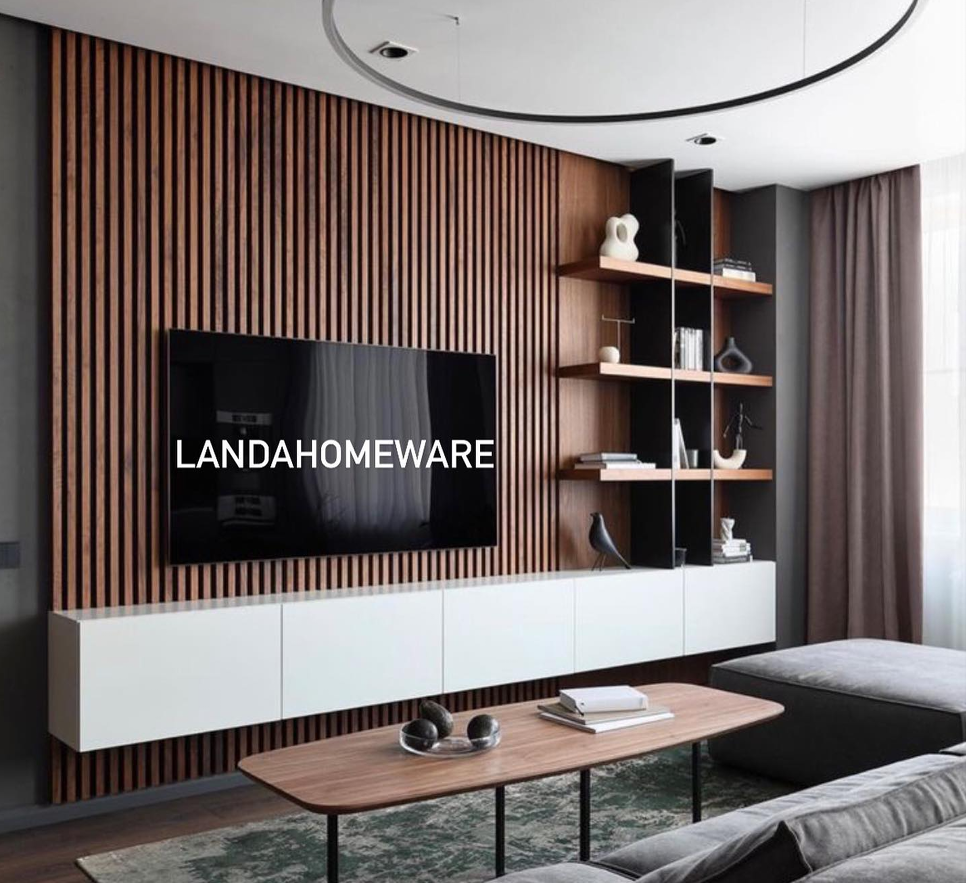
When Silubonile Ngqandu and her husband, Njabulo Mchunu, launched Landa Homeware in 2020, they had no formal background in furniture design or manufacturing—just a shared passion for beautiful spaces.
What began as a small online business selling plates, glasses, crockery, vases and other home décor items has since grown into one of the most dynamic youth-owned furniture manufacturing ventures in South Africa.
“We started off as a company that sells home décor… and then post-COVID, in 2022, we started introducing furniture items by using a supplier. We would give a supplier some products that we found interesting… things we wanted in our home. From there, we used the supplier model for about a year, and then in 2023 we opened our first workshop.”
Initially operating out of a modest 120-square-metre space with just two employees, Landa Homeware quickly outgrew its humble beginnings.
“A year later, we tripled the size of the workshop,” said Ngqandu.


“We are currently based in Wynberg, Sandton, in a 700-square-metre workshop. We have employed 16 people. We intend on creating more jobs with hopes to grow our interior design space.” The business, officially registered as CYLU Industries, trading as Landa Homeware, is 100% Black-owned and 65% women- and youth-owned. With the founders aged 31 and 37 respectively, Ngqandu proudly highlights the youthful energy driving the company forward.
“We were quite young when we started. He’s the oldest in the business. So everyone in production is pretty young.”
Having cut her teeth in business banking, and with Mchunu bringing 12 years of supply chain and logistics experience, the couple ventured into furniture without any formal training. “We had no idea or any clue about furniture. It was just a passion that then grew naturally and organically into manufacturing.”
Landa Homeware now produces customised, trend-driven furniture ranging from television stands and coffee tables to couches and full shop fittings. “Most clients look at designs from platforms like Pinterest… then they send us a picture and say, ‘Can you do this for us?’ We are not a retail store, we manufacture. So it usually comes out slightly cheaper than your high-end stores.”
Online remains their primary marketplace, with Instagram as a key platform—Landa Homeware boasts nearly 100 000 followers.
Ngqandu explained that their sales are still primarily online, with less walk-ins who prefer to see and feel their products at the workshop.
NEF Funding
One of the most transformative moments for the business came when it received R5.9 million in funding from the National Empowerment Fund (NEF) in 2022. “We did our research about the NEF, applied, and were approved in the same year.”
That funding allowed Landa Homeware to acquire its larger facility, invest in machinery, hire more staff and purchase delivery vehicles. “It got us the workshop, the machinery to enhance our skills and production, and allowed us to double the size of our team,” she adds.
Looking ahead, the company has ambitious plans. “We are currently looking at expanding to the Cape Town market, opening a showroom. It’s our second biggest market, and we ship there every week. We want them to have the same personal experience our Joburg clients have—choose fabrics, finishes, touch and
feel the product,” Ngqandu concluded.
Landa Homeware can be reached at www.landahomeware.com
For more information about the NEF, visit www.nefcorp.co.za



 Facebook
Facebook Twitter
Twitter WhatsApp
WhatsApp